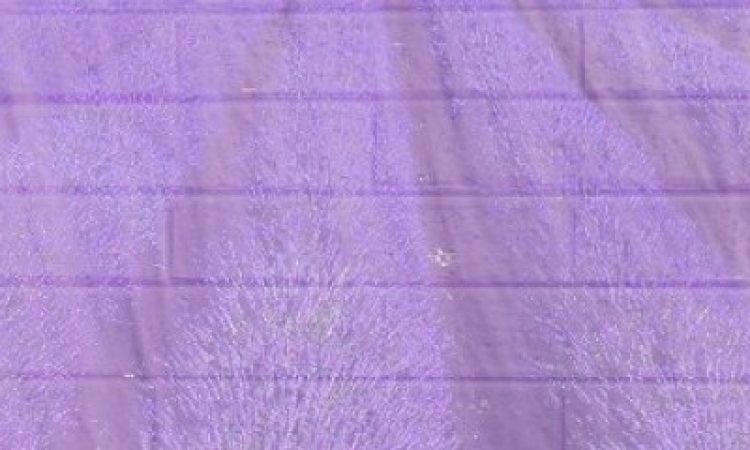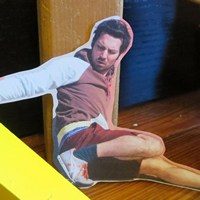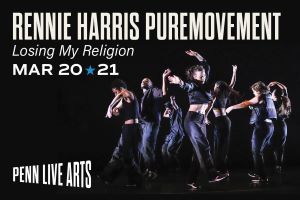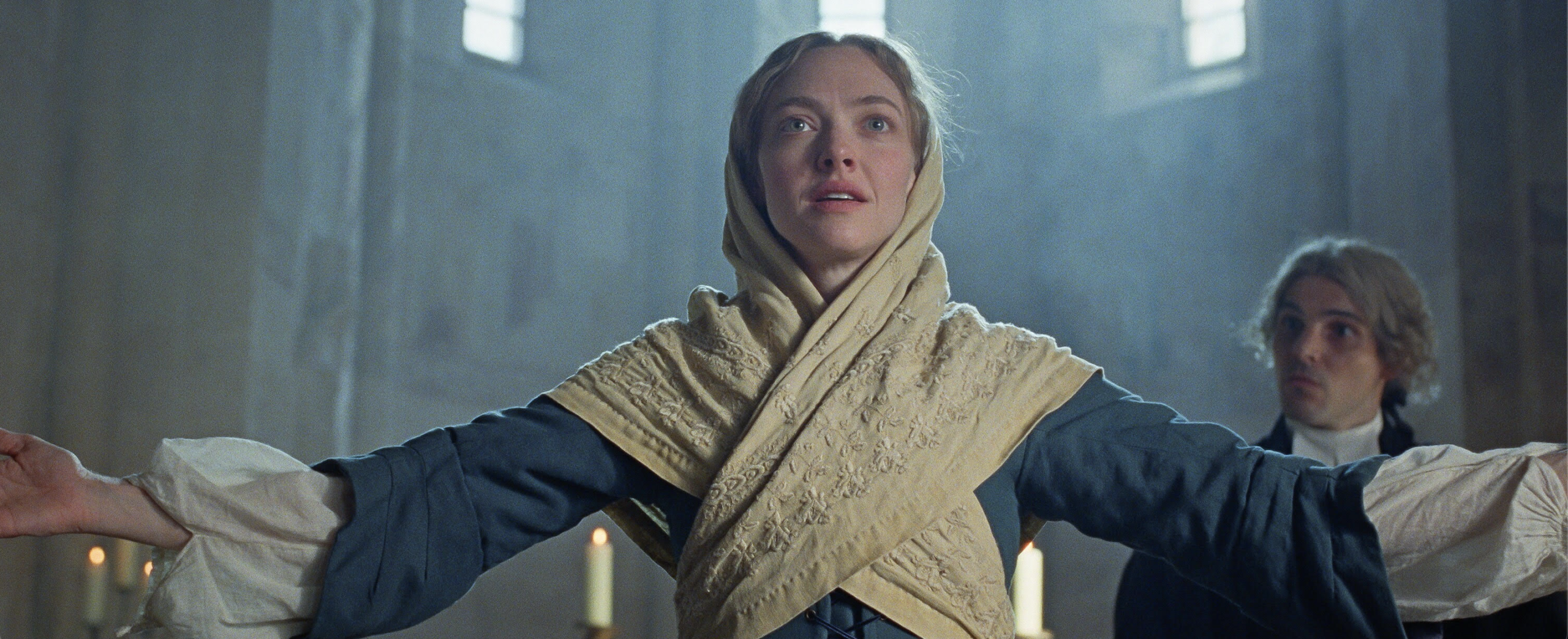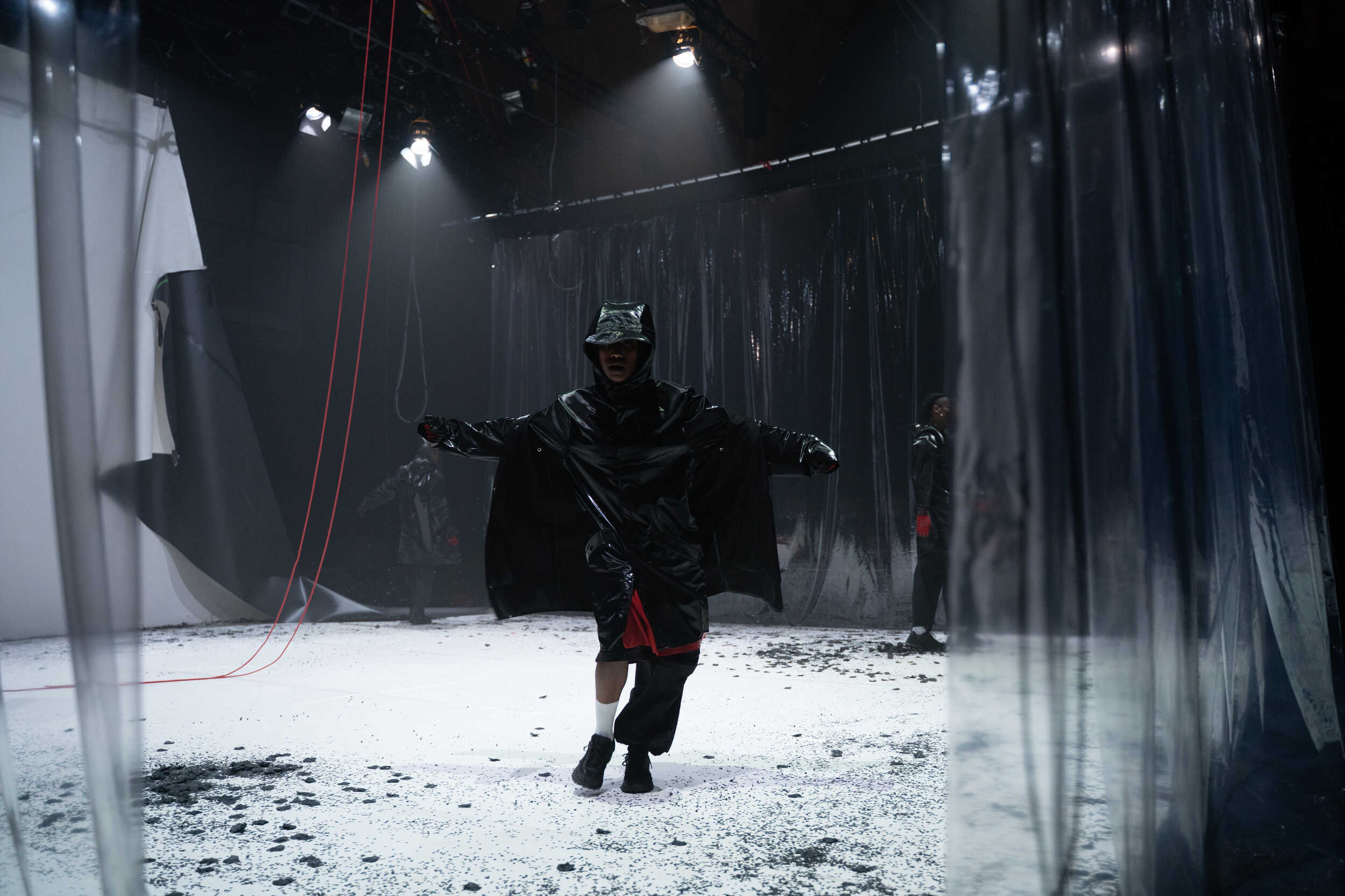I enter a dimly lit gallery.
I am offered a book
from a pile.
Each cover distinct
with a stroke of lavender paint.
As books do for me, they take me to a new space.
An early page reads: “the book as a dance
as a set of steps and gestures
that my fingertips can hold.”
Text evocatively initiating its own choreography.
An image of a field of lavender.
Fingerprints.
Something about soft blankets.
“dafuq you looking at?” repeats itself,
over and over.
Only a word or sentence is on each page.
Its own rhythm.
I flip through.
Also a rhythm.
A highlight:
A piece of sequin pasted to a page
that I can manipulate with my finger to become purple or blue.
That touch
That texture
That dance.
I finish reading.
I am in the back of the long gallery.
This space has no chairs for the audience to sit in.
Audience members meander and chat.
I crouch
I stand
I wait.
A dancer walks out to where a single clip light shines
and balances a potted plant on their head.
The plant looks nearly dead.
They continue to balance the pot.
keyon gaskin, the choreographer, stops the dancer.
I catch words like
“you will be out here awhile by yourself.”
They both leave the space.
It’s a false start.
The audience waits again.
I crouch
I stand
I wait.
(10 minutes later)
The dancer returns.
The audience has barely moved.
The potted plant repeats and continues.
The plant, still pathetically limp.
Each dancer moves around as if it’s their living room:
Taking selfies.
Ramen noodle hairdo.
The audience is crammed in, trying to see the small impressions that each of the three dancers make.
Listening to Rihanna.
More selfies. Lots of selfies.
Somehow a piece of fuzz is on fire.
I
didn’t
see
how
that
happened.
I see several audience members on cell phones,
texting.
I have lost understanding of why.
Why are these bodies here right now?
My legs are getting tired.
I’m trying to figure out why this is a piece that the audience was meant to stand
as I clumsily try to just—
Just not be in the way of the dancers.
I have no impulses to move across the space.
There is a lack of unique vantage points.
I’m laboring to find connection.
Any connection.
The collage of movements seems like a draft.
Uncollated.
I want a guide.
Any connect the dots would help.
I’m seeking some sort of hint.
I can’t find it.
Help move us around.
Help us see the piece.
Help us be with the performers.
The venue was long and not very wide.
I was jammed on the back half of the gallery.
Also, standing for an hour is tiring,
for anyone.
Being able to move
around
helps
things
seem
less
m o n o t o n o u s.
There were only
three performers for
an audience of
maybe fifty or
so, and for
the majority of
the piece only
one or two
performers were live
at a time.
With such a
small focus for
many audience bodies,
I missed a
lot. I am
tall, but with
these audience bodies
also standing, also
trying to scramble
to see, my
vision became blocked.
Perhaps consider a
smaller audience size?
Something so familiar,
A pop song playing from an iPhone:
“Bitch Better Have My Money”
These sounds and movements were human and pedestrian, yet
the dancers were so
serious.
I didn’t feel permission to join them.
I remember the book.
It had rhythm.
Where is that here?
No rhythm.
I
became
alienated
and
alone.
And perhaps the dancers were alienated and alone too.
An inquiry that is still unclear to me:
How did this book go with this dance?
They seemed like separate dances,
separate spaces.
And I could’ve had just the book.
[a swatch of lavender]: a self-portrait, keyon gaskin. American Realness. January 11 -14, americanrealness.com
